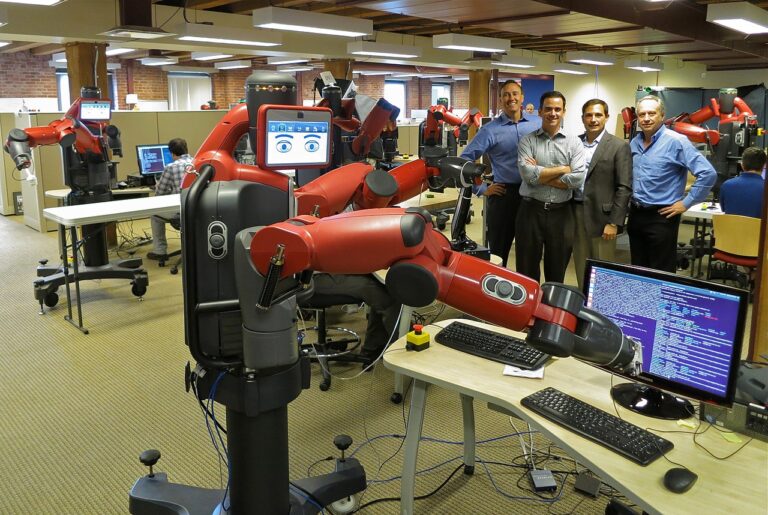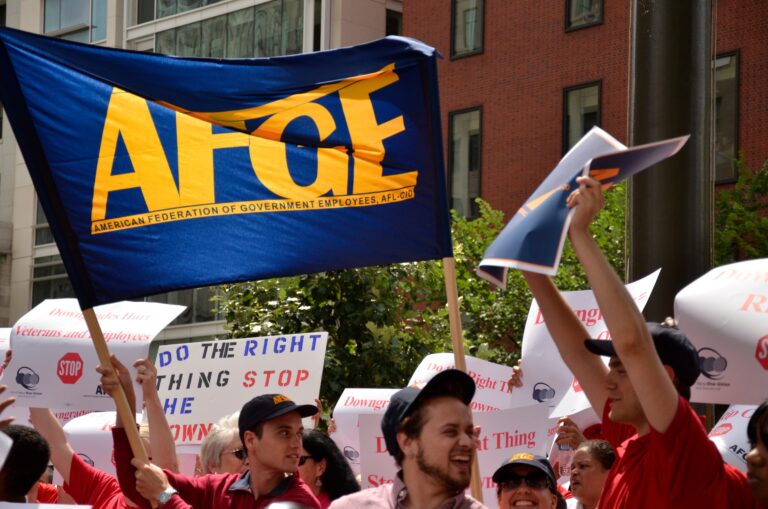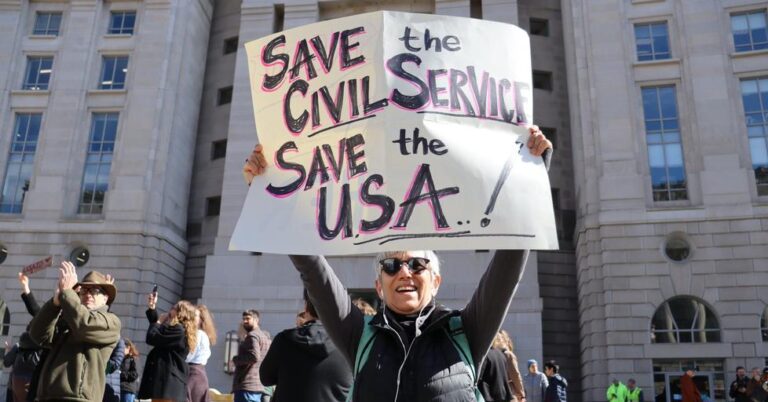Edward Nasser is a student at Harvard Law School.
The Atlantic reports that the #metoo movement has yet to deliver justice for low-wage workers who are victims of sexual harassment. The piece explains that sexual harassment is rampant in low-wage industries–50% of workers in the restaurant industry reported facing “scary” or “unwanted” sexual advances in a 2014 report–the difficulty in proving claims and risk of retaliation causes many to stay quiet.
The New York Times. Workers at these companies face uncertain labor conditions, with the constant looming threat of layoffs or wage cuts. In the last few months, 50 employees at Mashable were let go after the digital publisher Ziff Davis bought the website for $50 million, BuzzFeed fired 100 editorial employees after missing its revenue targets, and Refinery29 laid off 34 staff members.
The NLRB abandoned its 2011 ruling in Specialty Healthcare & Rehabilitation Center of Mobile on the issue of which employees can vote to form or join an existing union. In that case, the NLRB announced that unions could organize “micro units” of “readily identifiable” employees who shared employment commonalities. The Board announced it would revert to a “community of interest” test to determine who can be in a bargaining unit based on how workers are classified and organized, the types of jobs they do, and their skills and training.
While the Trump administration seems set to continue rolling back Obama-era protections for workers, some states are taking it upon themselves to pick up the slack. In recent years, New York has increased its minimum wage, expanded overtime eligibility, mandated more scheduling regularity, and enacted a paid family leave program. In part to combat the Trump administrations proposed “tip pooling” rule, New York is considering changing a law that allows employers to pay tipped workers less than the standard minimum wage provided that the difference is made up in tips.






Daily News & Commentary
Start your day with our roundup of the latest labor developments. See all
December 5
Netflix set to acquire Warner Bros., Gen Z men are the most pro-union generation in history, and lawmakers introduce the “No Robot Bosses Act.”
December 4
Unionized journalists win arbitration concerning AI, Starbucks challenges two NLRB rulings in the Fifth Circuit, and Philadelphia transit workers resume contract negotiations.
December 3
The Trump administration seeks to appeal a federal judge’s order that protects the CBAs of employees within the federal workforce; the U.S. Department of Labor launches an initiative to investigate violations of the H-1B visa program; and a union files a petition to form a bargaining unit for employees at the Met.
December 2
Fourth Circuit rejects broad reading of NLRA’s managerial exception; OPM cancels reduced tuition program for federal employees; Starbucks will pay $39 million for violating New York City’s Fair Workweek law; Mamdani and Sanders join striking baristas outside a Brooklyn Starbucks.
December 1
California farmworkers defend state labor law, cities consider requiring companies to hire delivery drivers, Supreme Court takes FAA last-mile drivers case.
November 30
In today’s news and commentary, the MSPB issues its first precedential ruling since regaining a quorum; Amazon workers lead strikes and demonstrations in multiple countries; and Starbucks workers expand their indefinite strike to additional locations. Last week, the Merit Systems Protection Board (MSPB) released its first precedential decision in eight months. The MSPB had been […]